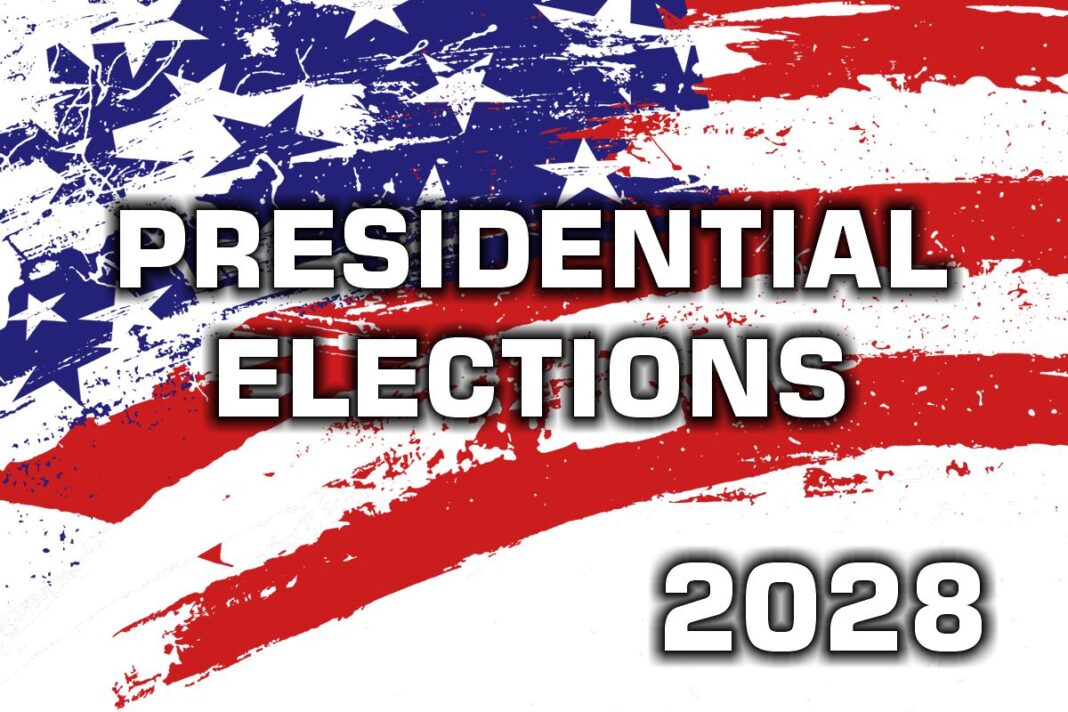The vice president highlighted prospective economic benefits and reiterated the administration’s commitment to domestic manufacturing.
Vice President JD Vance told workers at the Mid-City Steel facility in La Crosse, Wisconsin, on Aug. 28 that tax cuts and federal spending outlined in a new law will benefit working-class Americans.
“What we are doing with the legislation is giving you a tax cut and rebuilding the health infrastructure in the country,” Vance said during the event.
He highlighted President Donald Trump’s policies—including no tax on some income from tips, overtime, and social security—in the One Big Beautiful Bill Act, which he said will put more money in the pockets of working Americans.
Additionally, the vice president said the bill includes $100 billion for law enforcement to prosecute and deport members of cartel organizations.
The removal of illegal immigrants from health care benefits is part of the administration’s plan to fund health care for American citizens, according to Vance, who spoke for about 20 minutes before taking questions from reporters for another 20 minutes.
“First thing you ought to do is make sure that people that get federal healthcare benefits have the actual right to be in the country in the first place,” he said. “That is the first and most important step.”
Speaking to an audience of hundreds that included steelworkers, family members, and diplomats, among others, the vice president decried the loss of approximately 80 percent of the industry’s workforce in recent decades as manufacturing was sent offshore.
“I happen to believe that it is the dumbest decision we made as a country to reward foreign companies with [manufacturing] stuff overseas instead of right here in places like Wisconsin,” Vance said.
The consequences are now impacting communities across the nation, he said.
“Thanks to generations of failed politicians and stupid decisions, those factories closed down one by one, and many of the proud towns that made us who we are, ladies and gentlemen, those proud towns became ghost towns,” Vance said. “Not anymore.”







